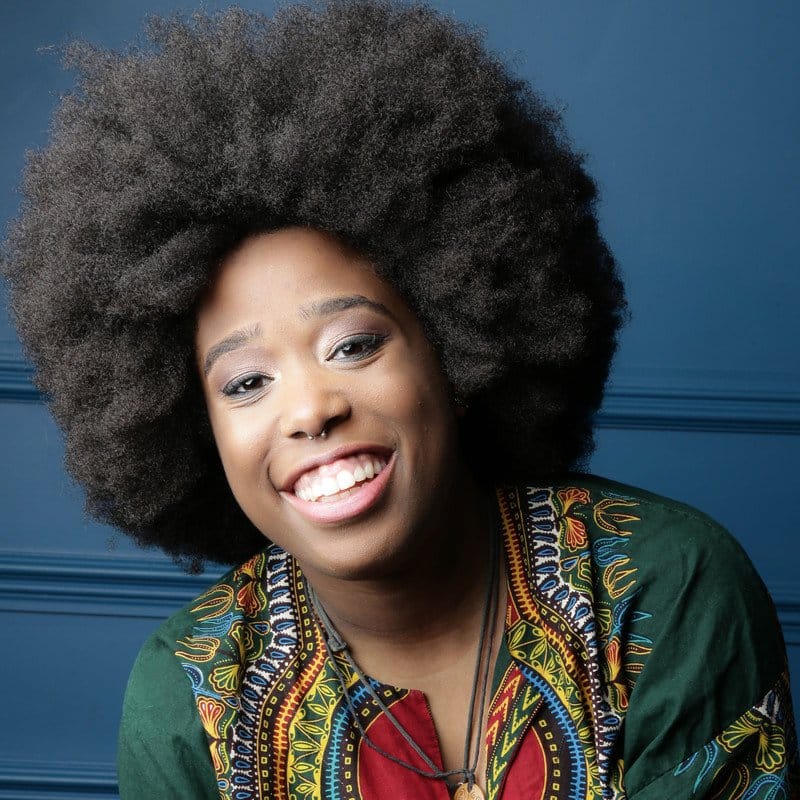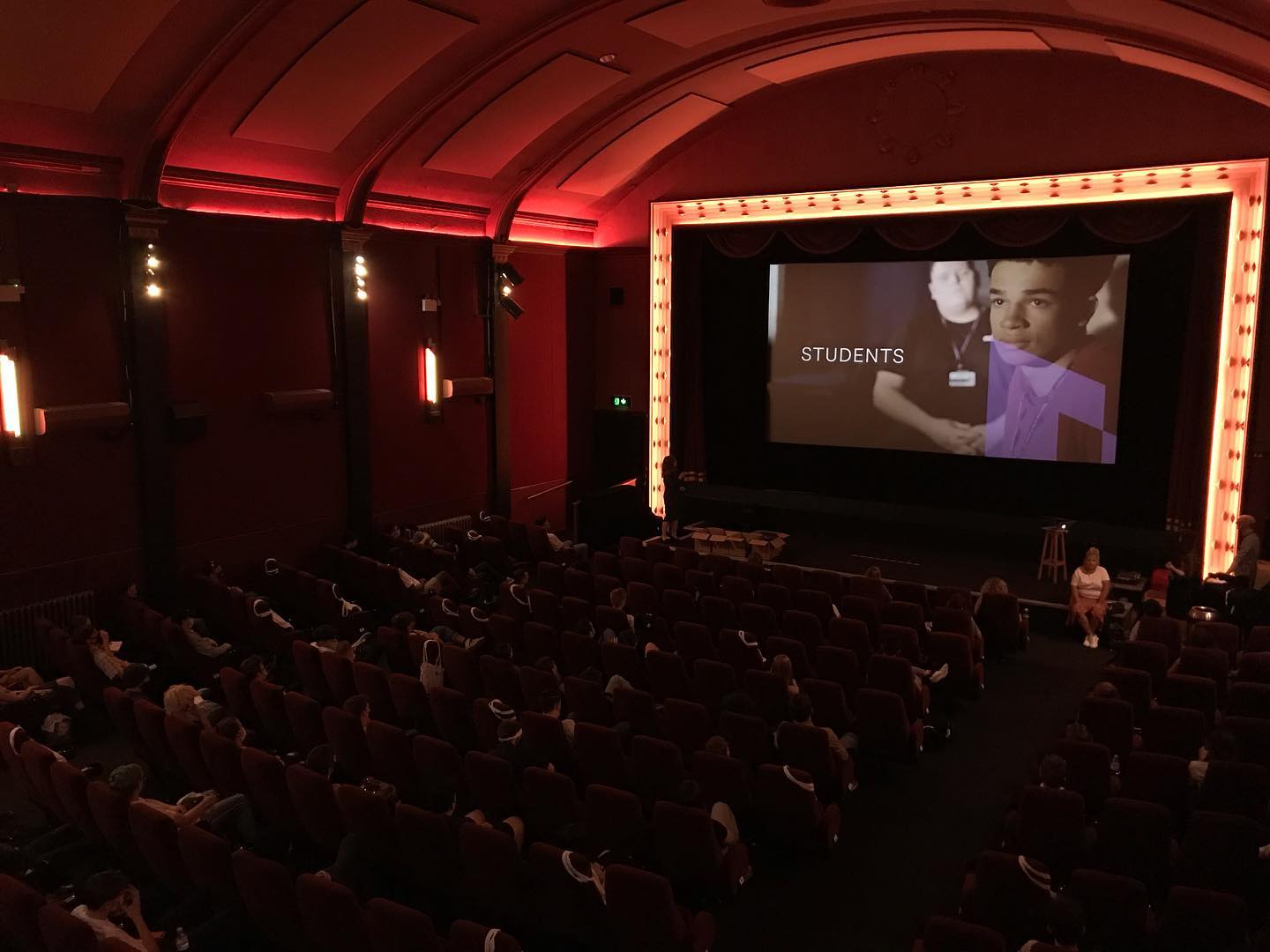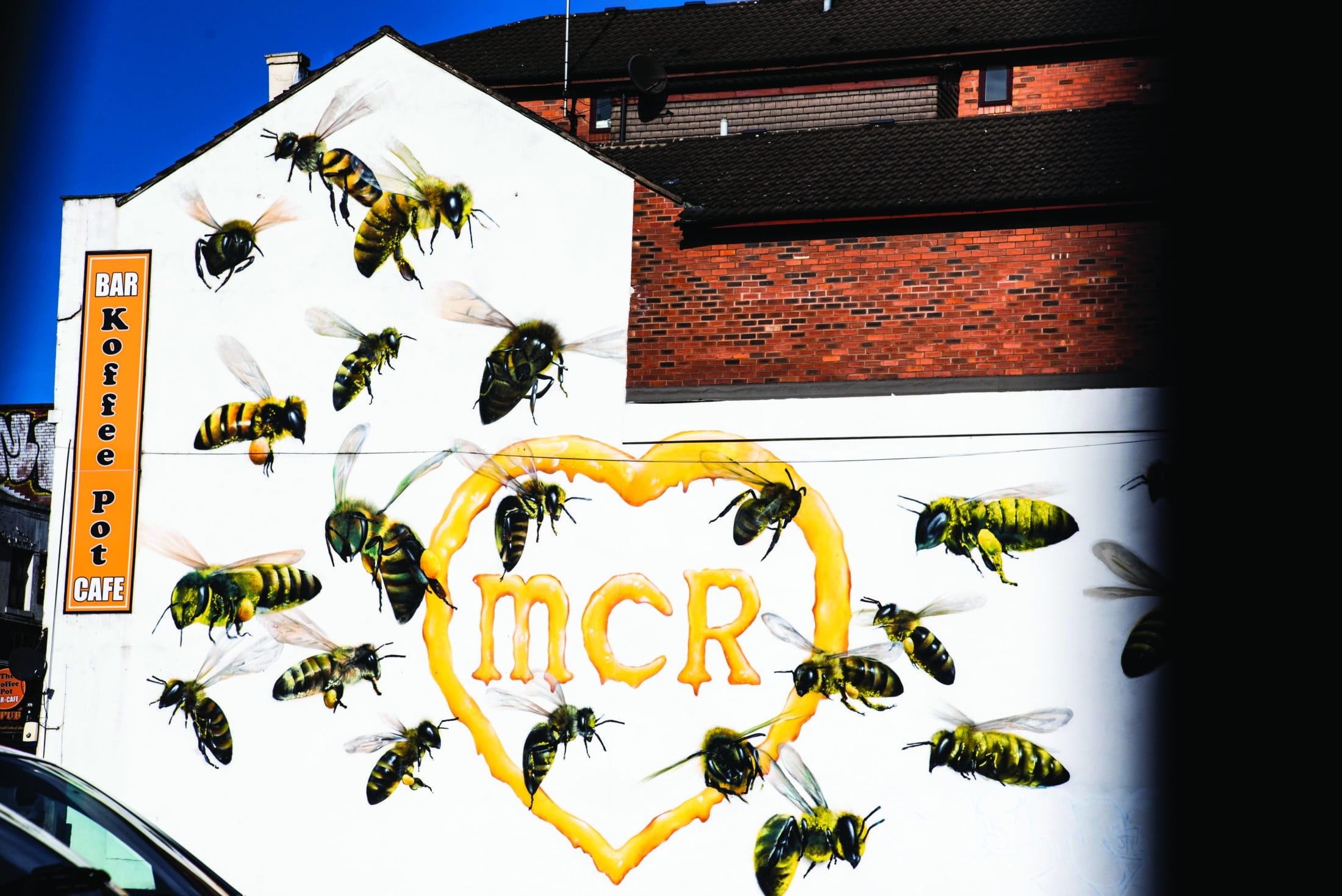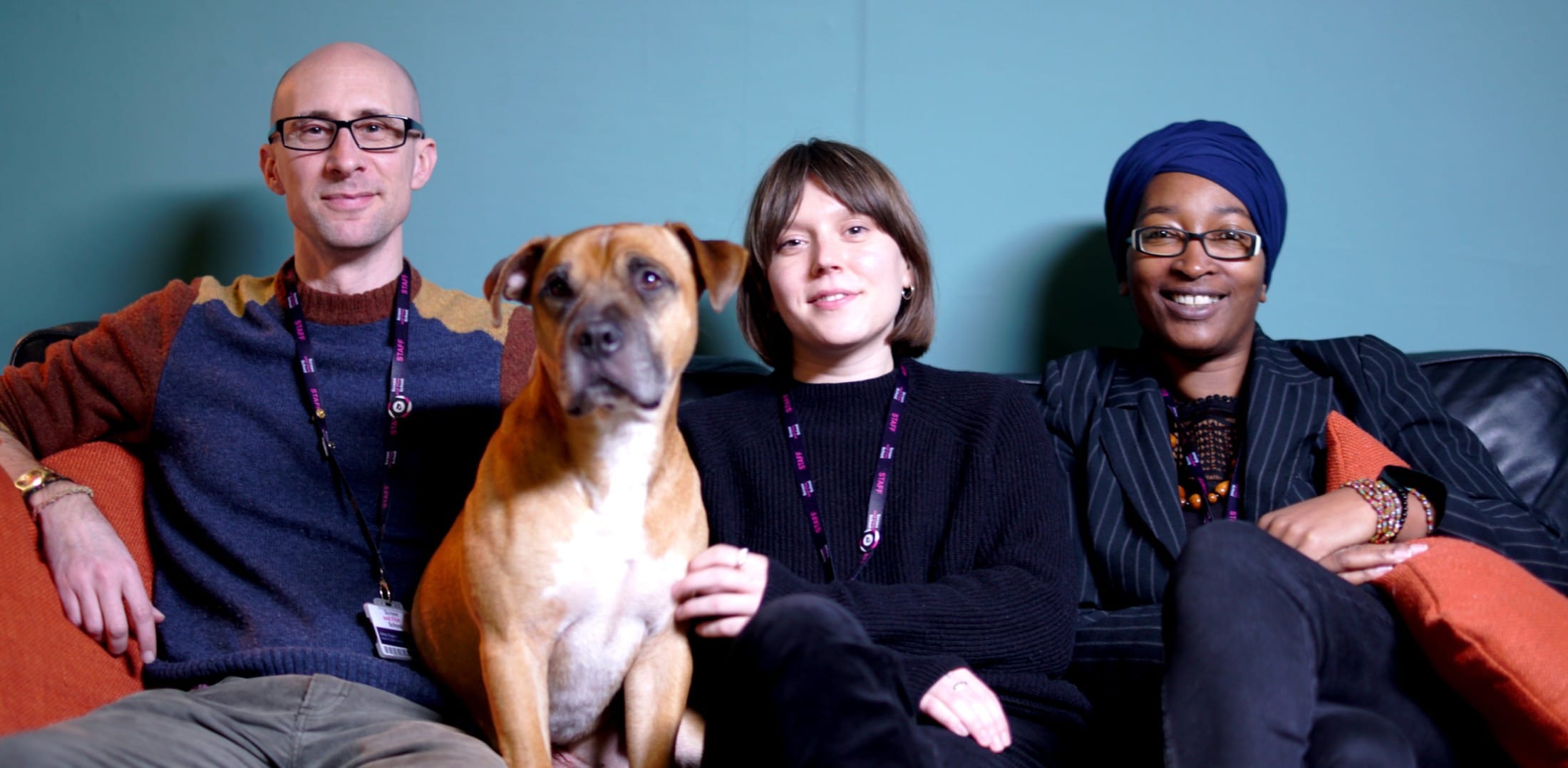René Lorraine is a 22 year–old graduate from Screen and Film School, Brighton whose interest in filmmaking began through making YouTube videos.
She had always loved to tell stories, but her educational aspirations were always on the more academic side. Then she had a change of heart, and decided she wanted to pursue a more creative path. She studied a Degree in Filmmaking and chose to specialise in Directing.
We caught up with René to reflect on her journey up until this point.
Hi René, what was the most significant thing you learned whilst studying at Screen and Film School?
To never be afraid to try something new. When I had joined the Film School, I had never written a script, never operated a camera other than my Canon DSLR, never been a 1st AD (I didn’t even know what a 1st AD was) and I’d never heard of Foley. To be honest, there was a lot of things I hadn’t done or heard of. At first, I was terrified to try all of these things because I didn’t want people to know I couldn’t do it – but I learned that this was a part of the process – to try.
Through being encouraged to explore new fields, I learned the importance of just giving things a shot! I started my degree wanting to be a cinematographer and left wanting to be a documentary director. I used to think documentaries were boring. But I discovered they are so much more, and such an authentic medium to tell stories through. I would’ve never discovered this if I didn’t try.
What’s the most significant thing you’ve learned since graduating from Screen and Film School?
To go after every opportunity. You never know what will come of it. And you have to believe you are worthy of getting every opportunity – someone has to do it, why not you?!
I’ve also learned not to get disheartened by rejection, but to use it as fuel. I have gone after a multitude of opportunities, but I’d be lying if I said I got every single one of them. It definitely hurts to get an email that reads “on this occasion, we will not be moving forward with your application”, but don’t let it break you. Learn from the experience, and have the belief that what is meant to be, will be.
Can you tell us about your experience working with industry partner Michele D’Acosta, and how this opportunity came about?
It was an amazing opportunity and such an uplifting experience – to be able to work with someone who is also a black female in the industry made me feel noticed and gave me more drive.
Working with Michele showed me that there are people in the industry who look like me – even if they’re not publicised as much. Michele and I have a fun relationship – she definitely brought the best out of me and my ideas, and I hope I did the same for her.
The opportunity came about through a Masterclass at the Film School. I was actually quite ill, but I had a feeling I just had to go to this one, and I’m so glad I did. Hearing Michele talk was a breath of fresh air and a lot of what she said resonated with me.
After the masterclass I spoke to her to express my thanks and I ended up telling her about something quite personal to me, which I hadn’t spoken to anyone else about. Her response was really what I needed to hear, and that was where our connection begun. Months later, Michele asked the Film School for my contact details and that was where it all began!
How did you feel when you first landed the role working with Michele?
I felt on top of the world – I screamed! I called my mum instantly and I could barely speak. I can’t remember what I said exactly, but I remember how I felt. I will never forget it because I was ecstatic and remember saying to myself “this is where everything begins!”
Can you tell us a little about your documentary ‘One Piece of the Puzzle’ and what it was like making a documentary about your brother?
One Piece of the Puzzle was the first documentary I made during my second year at the Film School. I directed and produced it. It’s a documentary which pushes people to rethink the misconceptions they have about autism. It’s told through a narrative by my mother and experiences of my brother, Malaika who is autistic.
It was such a beautiful experience to make a documentary about my brother. I remember when the film had finished being edited after months of working on it – it honestly warmed my heart to see what I had created.
I had a mini premiere at my house with a handful of close friends. As the credits rolled, my friends started cheering, my best friend Maurizio was even crying – this really touched me. Sharing that with those who are important to me was honestly one of the greatest experiences of my life. Since making the documentary, it has been accepted into eight film festivals.
Can you tell us a little about your upcoming film projects?
The current film project I am working on is in post-production. It is a documentary about young people who have had to deal with the loss of a parent. The overarching theme of the documentary is about the importance of support and opening up conversations. The documentary was meant to be finished in 2020 but the pandemic has made it extremally difficult. We are hoping we can get it finished soon – we still have some pick up shots and a final interview to film, but aside from that, it’s going well.
I am also working on a few documentary ideas. One of which is a conversation with a handful of Black British youths (8-16) to uncover their experiences and their opinions on racism. Another idea is an exploration of Black identities within the LGBTQIA+ community. I have the treatments written alongside the contributors on standby for both documentaries – we just need to get filming!
What do you enjoy most about being a director?
The ability to tell a story. Especially in documentary directing, I have found a lot of stories have brilliance at the heart of them and deserve to be told. I enjoy talking to people, hearing their experiences, building a vision and using real life to encapsulate audiences in pure beauty.
Which director do you admire the most and why?
A director I admire is Ava DuVernay – I wrote about her in my Research Project in third year and I loved learning more about her. She creates work which empathises with the black narrative and tells stories from a much-needed perspective. Another reason I admire her is because of the “Ava Effect” which was coined because of the impact DuVernay had for female directors – she boosted career opportunities as she hired all-women directors for every episode of her show, Queen Sugar. I hope I can be able to make such an impact one day and strive to tell black stories as well as she has done.
Are there any other roles you aspire to take up in the TV and Film industry?
Another role I aspire to take up in the industry is as a Scriptwriter. Since I was a kid, I’ve always loved to read books and write stories because of the endless possibilities that come with it. I still try to write scripts in my free time since graduating, but for now, I’m pursuing documentary rather than scripted.
Are you inspired by René’s story?



